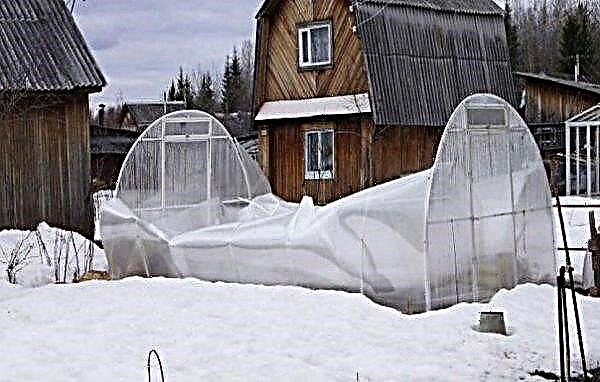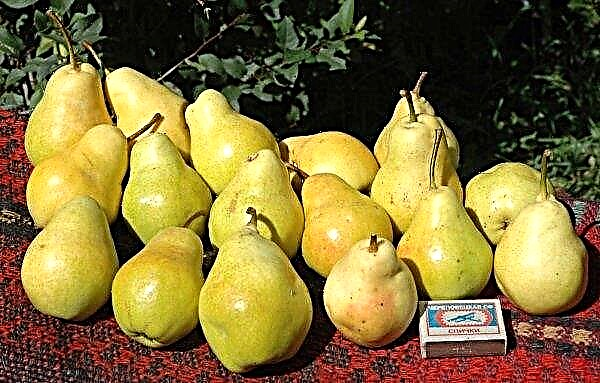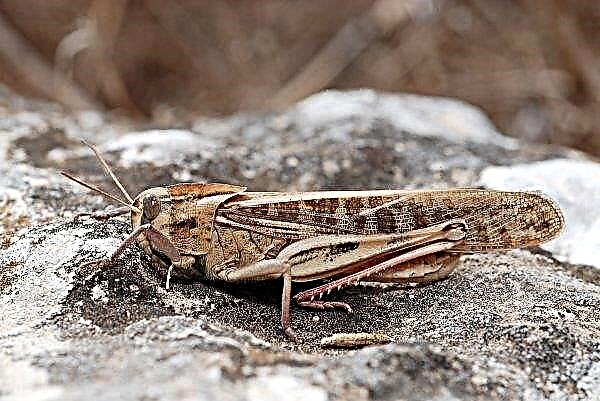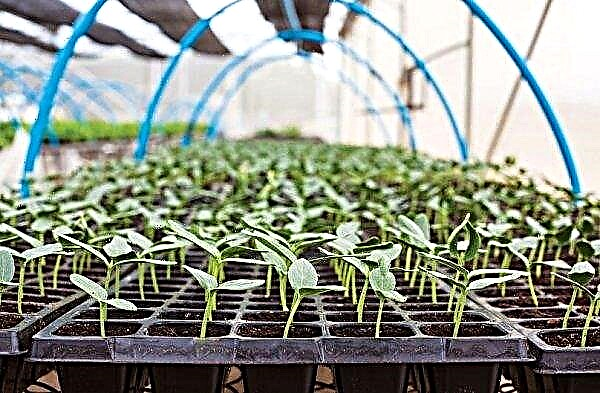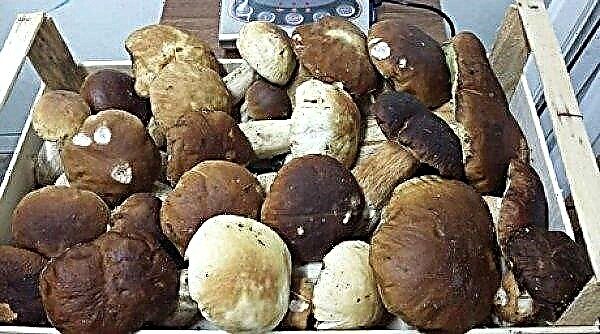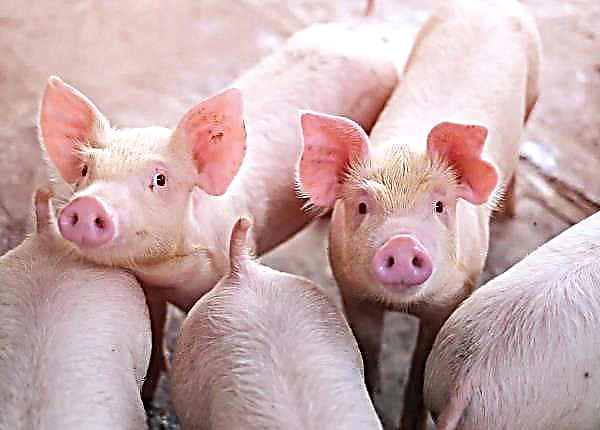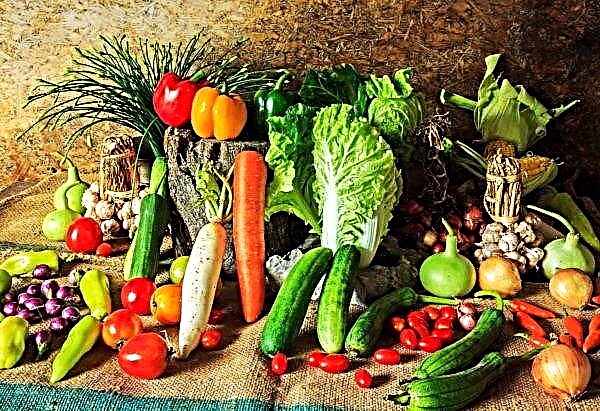Farmers in Western Europe have begun planting sugar beets, with the first signs indicating a reduction in the area for the next crop after the fall in prices caused by the end of production quotas in the European Union.
According to analysts, the expected reduction in crops this year should limit production in the EU and help turn a global surplus of sugar, which puts pressure on prices, into a net deficit.
“Depressive markets after quotas expired forced farmers to adapt,” said Timoth Masson, an economist at the French sugar beet cultivation group CGB, which led to a decline in crops in the European Union of about 5%. He added that given the average yield of sugar beets, sugar production in the EU in 2019/20 will fall to 18 million tons.
A 700,000-tonne drop in sugar production is also due to an attack on beetroots by the aphid pest and a ban in the EU on the use of neonicotinoid pesticides in the fight against insects because of concerns that they are harmful to bees.
In France, the leading country in the European Union for the cultivation of beets, and prohibiting the use of these chemicals for crops, the decrease in sugar beets can be 8% compared to last year.
In the UK, it is expected that the sown area in the 2019/20 season will be 5-10% less than last year.

